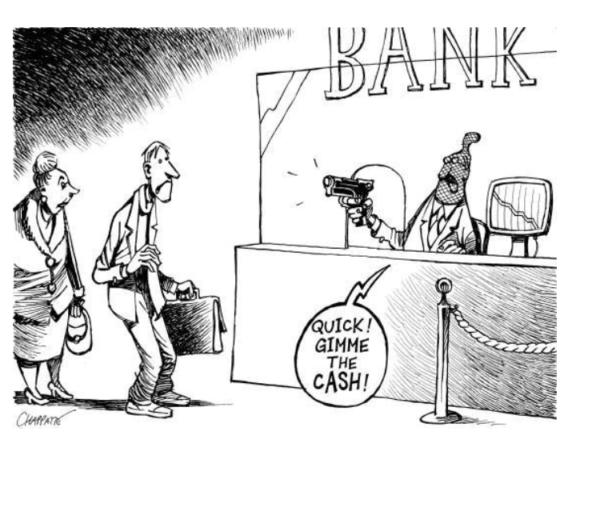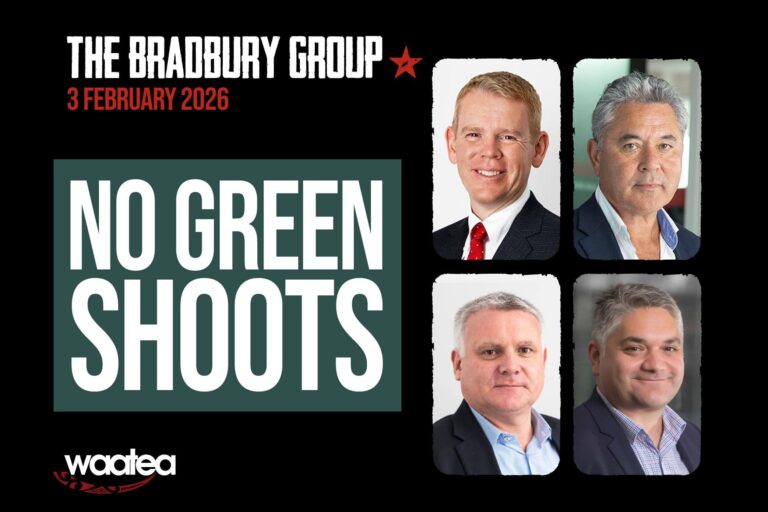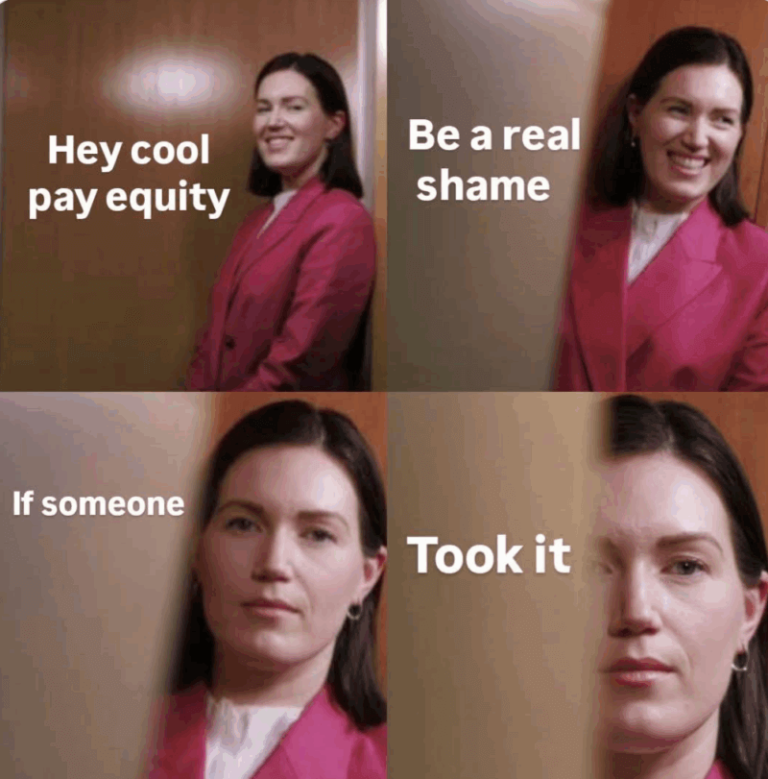Time for KiwiSaver default providers to smarten up?

To day we have learned that ANZ has made massive profits for its overseas owners.
ANZ New Zealand has posted a record net profit after tax of nearly $2 billion. That’s a 12 percent increase on last year’s profit. ANZ is the country’s biggest home and business lender as well as the biggest KiwiSaver provider. New Zealand’s Financial Markets Authority review of banking practices is expected shortly.
All this while we are still digesting the news that AMP has been sold off. AMP is another huge KiwiSaver provider that according to FMA figures has not done so well for its KiwiSaver members especially not those members that were allocated to AMP as a default provider. We are yet to see the implications and ramifications of the announcement this week.
Both ANZ and AMP are default KiwiSaver providers. That means money flows to them automatically when a new member does not elect a provider. There is no evidence that the payback has been lower fees or action to help get members into more appropriate funds. Apathetic or unengaged members suffer high fees and low returns when they remain in a default fund with a default KiwiSaver provider. That suits the banks nicely. It’s a pretty easy way to make profits.
The radio NZ interview on the ANZ profits suggested that KiwiSavers might stand to benefit if the higher profits increased the share price. This it appears is because their KiwiSaver might have investments in ANZ shares, or they may themselves be shareholders. Neither of these arguments make sense. The default members very low return after high fees are extracted makes ANZ’s profits higher. If this enhances share prices why are returns so poor? Few, if any will be compensated as shareholders. Are they not just exploited with high fees while the banks conveniently invest in themselves?
In June 2018 in an open letter to the Financial Markets Authority and Reserve Bank, the Independent Financial Advisors drew attention to the foregone returns and high fees in default funds, and suggested that default providers may have a conflict of interest:
Several of the default providers had a serious conflict of interest which possibly explains their failure to switch default members to more suitable funds. Were they acting in their own interests by dragging their feet with this requirement? Statistics suggests they were acting in their own interests. There was a sudden large spike in switching activity in the run-up to the review of default suppliers and their re-appointment in 2014, which tailed off immediately after re-appointment.
The potential conflict of interest is demonstrated by the portfolio composition comparison between default conservative funds and KiwiSaver balanced funds. On average, bank owned default conservative KiwiSaver funds in April/May 2018 had 22.4% more of their portfolios invested in bank products than they did in their own balanced funds. In 2018 the five bank default KiwiSaver providers on average had 34% of their default funds invested in bank products. Effectively charging default members for investing in their own and typically other Australian banks products.
The Australian’s Royal Commission is unearthing some startling practices by the likes of ASNZ and AMP. FMA’s Rob Everett says the latest review of bank conduct & culture in New Zealand shows plenty that could be done better but so far no evidence of systemic misconduct. Are we reassured?
We may be a cut above the Australians, but even if the problem not misconduct, are we convinced that the banks and big insurers always act in our best interest? It is clear that the FMA are not happy with results for KiwiSaver defaults will we have to wait for a default provider review in 2019?







No one must be in a default KiwiSaver fund, and I don’t think anyone is compelled to bank with an Australian-owned bank. Nothing to stop everyone switching their bank account to KiwiBank or TSB, and their KiwiSaver to one of the several New Zealand-based funds that produce good returns.
John
The problem is inertia. The idea of autoenrollment is to get people to do what they otherwise would put off. A requirement for those who are default providers is to ensure that all members are educated and helped make appropriate decisions. It is hard to see they are justifying their default status. Low income people are making a sacrifice to be in KiwiSaver but may not have the financial literacy to make appropriate decisions without help
Yes they can piss off the lot of them. It is so stupid that if you are a person with options (i.e. sufficient dosh to have options) that you would ever bank with one of the big boys.
I understand that one of the problems is that Kiwibank hasn’t the capital it needs because the government haven’t them anymore. Get on with it government!@#@!
I can’t believe that the government itself chooses to bank with one of the bggiers instead of our own Kiwibank which would make it MUCH MOTE VIABLE.
2 billion that could have stayed in the land of milk and honey.
EVERY SINGLE PERSON IN AOTEAROA SHOULD HAVE A KIWIBANK account.
Shouldn’t that header read “KiwiSaver”, not KiwiBank”?
yes yes yes. My mistake- too much hurry- thanks Martyn for correcting it.
+1 – They need to do that and much more.
Banks and financial institutions are choking the equality and social mobility out of NZ and will eventually make us 100% banana republic.
Everything the government does (or doesn’t do) seem to be helping banks. From Fletchers losses being partly due to massive bank loans to ANZ and refinancing issues, to the government and councils obsession with PPP’s which the UK has found to be mostly helping banks and financial institutions. https://image.guim.co.uk/sys-files/Society/documents/2004/11/24/PFI.pdf
There has been not been any talk or investigation of a financial services tax or Robin Hood taxes even though much of our exports are now profits due to banks in particular and money is flowing out of NZ without being taxed.
The service level of banks in NZ is poor, while fees high, in particular to business and rural land and this has created a more monopoly situation as many NZ banks don’t lend on business or rural land easily.
NZ Bank interest rates are much higher than overseas, which benefit foreign investors more as they can borrow at cheaper rates overseas or they have cash to just buy up.
And Kiwisaver apparently has 20% of savers profit’s going in fees to the provider on average.
Hi your headline for this story should say KiwiSaver not Kiwibank. Can you change. Thanks, Kara
Thanks for spotting that Kara